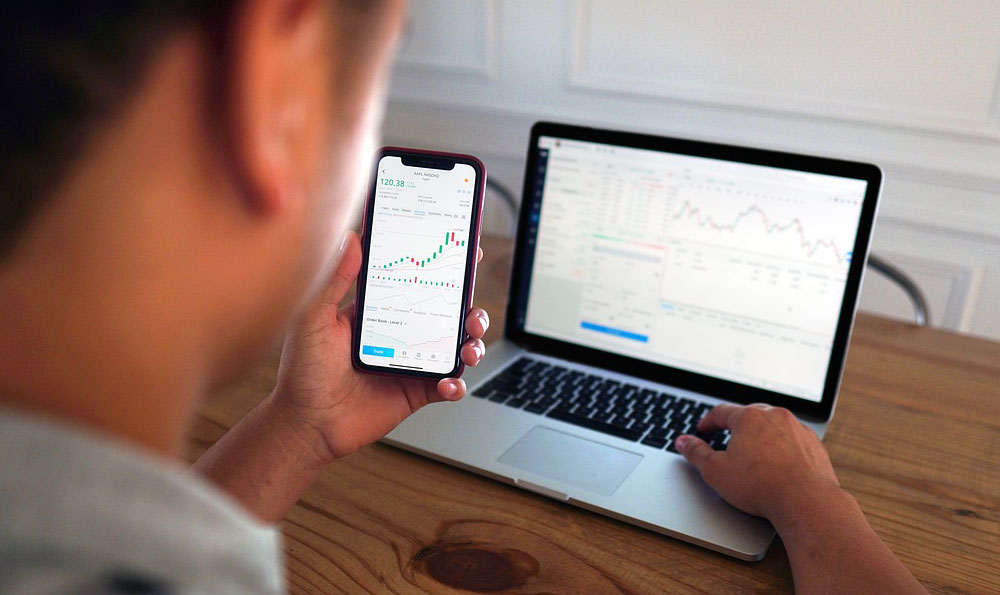In the expansive world of Red Dead Redemption 2, players have the opportunity to engage in a variety of activities that not only contribute to their character's survival but also open the door to opportunities for earning in-game currency. While the primary focus of the game lies in its immersive storytelling and open-world exploration, the financial systems embedded within its design provide a unique lens through which players can develop a strategic mindset akin to real-world investment principles. By understanding the mechanics of the game's economy, employing disciplined approaches to in-game resource management, and leveraging market dynamics, players can cultivate both a sense of accomplishment and a deeper awareness of the broader implications of investing in virtual environments.
The game's economy is structured around two primary currencies: gold and greenbacks. Gold, represented as bars, is used for purchasing essential items, while greenbacks, the in-game equivalent of real-world dollars, play a critical role in facilitating transactions across the map. To maximize earnings, players must first grasp the intricacies of these systems and their interdependencies. For instance, gold can be acquired through completing tasks, selling looted materials, or participating in specific activities such as hunting and prospecting. However, the value of gold often fluctuates based on player demand for items, as well as the availability of resources in different regions. This volatility mirrors the unpredictable nature of financial markets, where supply and demand dynamics can significantly impact the value of assets.
A crucial step in generating profit within the game is allocating time and effort efficiently. Players who focus solely on completing主线任务 may miss out on lucrative opportunities, such as engaging in the black market or participating in auction house trading. The black market, in particular, offers a competitive edge for those willing to take calculated risks. By selling rare or high-demand items to other players, especially those with limited access to certain resources, players can achieve substantial returns. Similarly, the auction house provides a platform for trading goods with other players, allowing for the exploitation of market trends and price fluctuations. However, success in these areas requires a keen understanding of supply and demand, as well as the ability to anticipate shifts in player behavior.

To further enhance earning potential, players should consider diversifying their activities. The game's open-world design encourages exploration, which can lead to discoveries of valuable resources or hidden opportunities. For example, players who engage in prospecting may find gold veins that offer significantly higher yields than standard sources. Additionally, mastering the art of monetizing skills such as woodcutting, mining, or tanning can provide a steady income stream. By consistently gathering and selling these materials, players can establish a profitable business within the game's ecosystem. However, it is essential to recognize that no single strategy guarantees success, and adapting to changing conditions is a key element of long-term profitability.
Another vital aspect of earning in RDR2 involves managing relationships with other players. The game's community-driven elements create an environment where collaboration can lead to financial benefits. For instance, players who sell looted items to others can earn a portion of the transaction fee, while those who participate in cooperative missions can share rewards and resources. However, building trust and maintaining a positive reputation in the game's marketplace is equally important. Players who engage in fair trading practices and provide value to their peers are more likely to experience sustained success, as opposed to those who prioritize short-term gains at the expense of long-term relationships.
In addition to these strategies, players should also be mindful of the risks associated with in-game economic activities. The game's economy is not immune to instability, and players who ignore market trends or overextend their resources may face significant losses. For example, the value of certain items may decline sharply if they become overabundant or if demand shifts due to in-game events. To mitigate these risks, players must adopt a defensive mindset, similar to how investors protect their portfolios. This includes setting aside a portion of earned gold or greenbacks for emergencies, avoiding overleveraging, and staying informed about market movements.
The skills developed through earning in RDR2 extend beyond the virtual realm, offering valuable insights into the principles of investment and financial management. The game's economy requires players to think critically about resource allocation, risk assessment, and long-term planning—skills that are equally important in real-world financial markets. By approaching in-game economic activities with a strategic mindset, players can cultivate a deeper understanding of concepts such as diversification, market analysis, and wealth preservation, which are essential for successful investment in any domain.
Moreover, the game's economic systems serve as a microcosm of real-world financial principles, such as inflation, market saturation, and opportunity cost. For example, the introduction of new items or the discovery of new resource locations can lead to temporary shortages, creating an environment where skilled players can profit from scarcity. However, these opportunities are often fleeting, requiring players to act swiftly and decisively. Similarly, the game's reliance on player-driven markets means that supply and demand are constantly shifting, necessitating adaptability and a long-term perspective.
Earning in Red Dead Redemption 2 is not merely about accumulating in-game currency; it is about developing a mindset that values patience, adaptability, and strategic thinking. By engaging in the game's economic systems with these principles in mind, players can not only achieve financial success within the game but also gain insights into the broader world of investment and wealth management. This dual benefit makes RDR2 an exceptional platform for both entertainment and learning, offering players the chance to hone skills that are applicable to real-world financial scenarios. In a world where the lines between virtual and real economies are increasingly blurred, the ability to navigate both with a disciplined approach is an invaluable asset.












